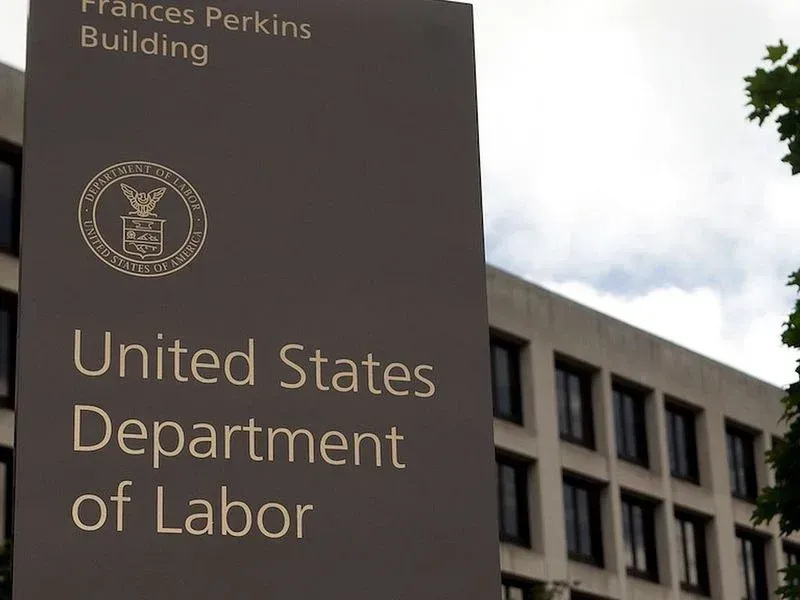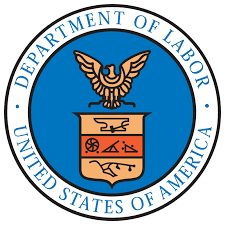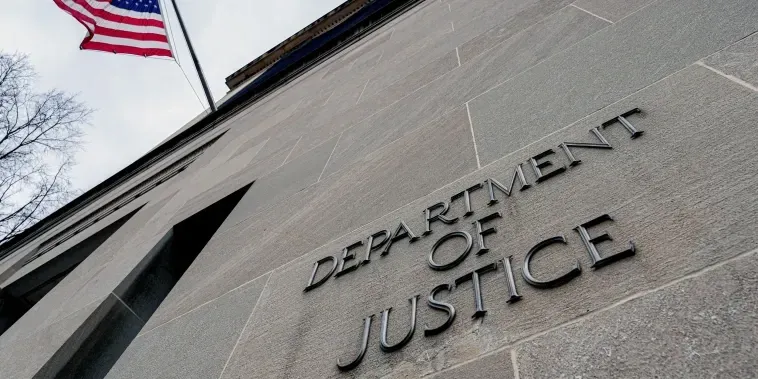EEOC Releases Draft Guidance on National Origin Discrimination, and Requests Public Comment
The U.S. Equal Employment Opportunity Commission (“EEOC”) issued proposed enforcement guidance on national origin discrimination on June 2, 2016.
Key Takeaways:
The EEOC guidance incorporates a wide array of topics related to national origin discrimination including intersectional discrimination, human trafficking, harassment, accent and fluency, national security requirements, and citizenship issues. In addition, the guidance also includes a “promising practices” section highlighting actions or programs to help employers reduce the risk of Title VII violations based on national origin. Although the EEOC has not included sweeping changes in re-interpreting Title VII, there are a number of areas where the agency is pushing the envelope to expand the scope of national origin coverage.
Additional Details:
When finalized, the guidance will replace Section 13 of the EEOC’s Compliance Manual, which was issued 14 years ago, in December 2002. It is somewhat surprising that the agency chose to update its guidance on national origin at this time, because there have been very few significant changes in this area of the law since the prior guidance issued. Additionally, the number of charges alleging national origin discrimination has remained steady during the 14-year-period. In 2002, 10.6 percent of EEOC charges alleged national origin discrimination. As of last year, that number rose a mere 0.1 percent to 10.7 percent.
The most significant aspects of the EEOC’s proposed guidance:
- Overlap and Intersectional Discrimination – The EEOC expects claims of national origin discrimination to be more likely to overlap with allegations of race, color or religious discrimination, resulting in charges alleging multiple bases of discrimination. The EEOC considers adverse treatment because an individual is a combination of two or more protected bases, i.e. an Asian woman to be ?intersectional discrimination” that should result in claims of national origin, race and sex discrimination.
- Human Trafficking – Title VII can apply to human trafficking cases if the employer’s conduct is directed at an individual or a group of individuals based upon national origin. The EEOC also indicates that egregious employer conduct that is typical in human trafficking cases will likely constitute unlawful harassment.
- Recruitment – If an employer’s current staff is ethnically or racially homogenous, the EEOC is more likely to view word of mouth recruitment and sending job posting only to ethnically or racially homogenous areas or audiences as having the purpose effect of excluding applicants based on national origin.
- Joint Employer – When a staffing firm and an employer have the right to control the means and manner of a worker’s employment they may be considered joint employers under Title VII regardless of whether they actually exercise that right to control the worker’s employment or have the statutory number of employees.
- Screening Based on Social Security Number – The practice of screening out new hires or candidates who cannot provide a Social Security number could run afoul of Title VII’s disparate impact theory if it disproportionately screens out work-authorized but newly-arrived immigrants and new lawful permanent residents of a certain ethnicity or national origin.
- Harassment Policies in Employees’ Native Spoken Language – In evaluating the effectiveness of the employer harassment policy for a Farragher-Ellerth affirmative defense, the EEOC will consider whether the complaint mechanism was accessible in the native languages spoken by employees if the employer knew of, or should have known of, the employees’ limited language capabilities.
- The Impact of the Guidance – Although EEOC Enforcement Guidance does not carry the same force of law that regulations establish, many courts are willing to provide deference to EEOC guidance and rulings based on the agency’s knowledge and expertise. The EEOC relies upon its Enforcement Guidance to direct its employees in charge investigations and related processing such as making cause determinations and considering litigation.
Follow Up Actions for Employers:
The public has until July 1, 2016 to provide input on the proposed guidance. The EEOC will consider the public’s comments before finalizing and releasing the guidance.
Employers should review the EEOC’s proposed guidance on national origin and consider whether their current policies and practices are in compliance.
Please contact FortneyScott if you have questions about the proposed National Origin Enforcement Guidance and how it may affect your business. For more information, contact Leslie Silverman, Esq., Shareholder at FortneyScott and former Vice Chair of the EEOC, or by telephone, 202-689-1204.


















